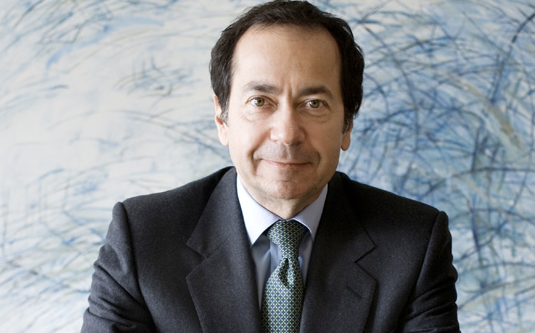
Real Estate Investing – Daring Risk-Taking Behaviour?
As a real estate investment company with a strong spirit of entrepreneurship, popular belief would dictate that our directors undertake daring, risk-taking behaviour. Such an understanding of entrepreneurship could not be further from the truth!
Alfred Taubman, the pioneer of the modern shopping mall and the founder of the Taubman Centers, once said: “People think that real estate development is about taking risk. It is quite the opposite. It is about the minimisation of risk and understanding those risks that you can’t avoid.”. Due diligence is the process investors use to understand asset risk and to challenge the robustness of their assumptions. It assists real estate entrepreneurs to sort those investments which the industry commonly refers to as “lemons” from the opportunities delivering high returns.
Recently, Trident Real Estate Capital considered the purchase of a site with a potential residential redevelopment opportunity. The property was tenanted by a company which fabricates curtains and materials. There was nothing to warrant concern about potential environmental contamination of the property until the team stumbled across a single page hidden deep within the annexures of the sales contract. The document noted the existence of four underground fuel storage tanks that had been abandoned in accordance with the Australian Standards. Alarm bells began to ring and upon further enquiries it was discovered that the previous owners of the site had been engaged in chemical cleaning. The risk that these underground tanks had leaked and leached onto the property, contaminating both the site and ground water, was very material. The cost to clean such a contamination was calculated in the hundreds of thousands – a deal breaker. The key take away, to paraphrase William Sutton, is that success in any real estate endeavour requires extreme attention to detail and total concentration.
Malcom Gladwell recently published an article in the New Yorker, which argued that the truly successful businessman is anything but a risk-taker. He is a predator, and predators seek to incur the least risk possible while hunting. The author uses John Paulson as a case in point. Between 2004-2005, Paulson was concerned with the real estate boom and decided to short the mortgage market using a financial product called a credit default swap (“CDS”). Paulson bought CDSs by the “truckload”. Most Wall Street investors considered the fund manager mad. But Paulson had analyzed the marketplace and seen a phenomenon that no other individual on Wall St noticed. Firstly, Paulson was confident that there existed a housing bubble. Secondly, Paulson purchased a database which tracked mortgages and concluded that even if house prices just flat-lined, homeowners would feel so much financial pressure that it would result in losses of 7 percent of the value of a typical pool of subprime mortgages. In short, Paulson was well aware that it would not take much for the bubble to burst and he exploited this knowledge ruthlessly by buying disaster insurance on mortgages. In 2007 alone, Paulson & Co. took in fifteen billion dollars in profits. Paulson pocketed 4 billion dollars!
Entrepreneurialism is not risk loving behaviour, but an untiring and unwavering pursuit of a sure thing based on extensive due diligence and a unique perspective of the market.
Would you agree?